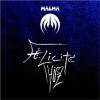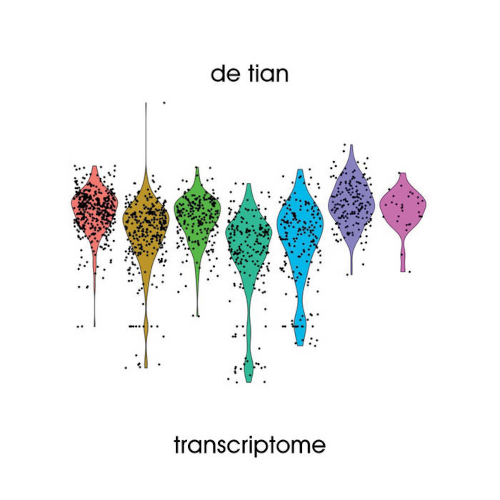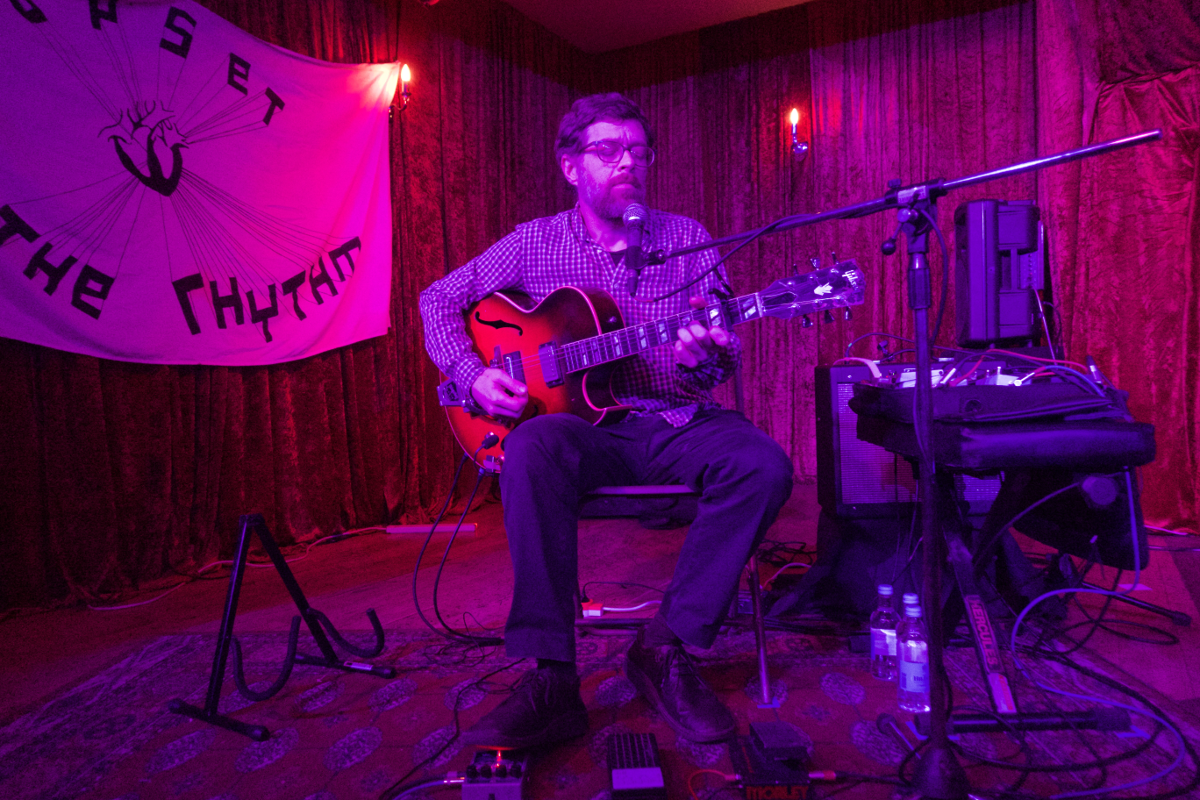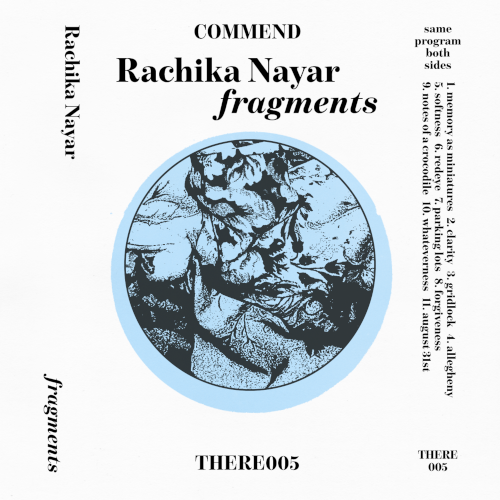 In a time when most CD albums stretch beyond the 60 minute mark, to receive an album with only two tracks that lasts a mere 32 minutes seems rather odd. But what we have to remember here is that this is not any ordinary 32 minutes, it is 32 minutes of Magma, which is the equivalent to 70 by a lot of other artists. From its opening you soon realise that you are going to be transported to another planet for the next half an hour.
In a time when most CD albums stretch beyond the 60 minute mark, to receive an album with only two tracks that lasts a mere 32 minutes seems rather odd. But what we have to remember here is that this is not any ordinary 32 minutes, it is 32 minutes of Magma, which is the equivalent to 70 by a lot of other artists. From its opening you soon realise that you are going to be transported to another planet for the next half an hour.
“Tëha” is the closest thing that Magma has got to a traditional rock song in years, Stella Vander’s voice sounding all wispy and Kate Bush-like. I was almost shocked at the straight-ahead vibe of this piece, but it has a rare haunting melody that becomes lush and would not at times seem out of place on a Music For Pleasure album of 1972; incredible. “Waahrz” begins with an ascending piano part that reminded me of a silent movie soundtrack, it then slips into moody David Sylvian-like melancholia. All this is played marvellously by Bruno Ruder and feels somewhat out of place and time. “Dühl” picks up the pace and Vander’s drums begin to move more forward as the Magma battery begins to take off.
“Tsaï!” has the chanting vocals’ power against the percussion of piano and drums – and here we slip into more familiar Magma territory which is made all the more powerful because of what has preceded it. The vocals take centre stage at the beginning of “Öhst” then gradually the piano picks out chords that sound as if they come from a bizarre 1920s surrealist musical. The vocals start scatting in-between forceful verse singing that begins to verge on rock’n’roll histrionics. “Zahrr” ends the piece with crashing chords and monk-like chants to bring a stunning conclusion.Part 2, “Les Hommes Sont Venus,” has jangling cymbals over an outer-space keyboard part and again the vocals sound as if they are calling across galaxies. It is part Holst, part Sun Ra; and it has a mystical quality of the indefinable as it travels out from your speakers to be picked up somewhere in millions of years at the edge of the universe.
After what seems too brief a period, the record is over. My one criticism is that the drums seem to take a back seat for most of the album, but that is only a small complaint against the vastness and sublimity of the music on this album. It is ‘music cosmic’ but also, perhaps, Magma’s most commercial-sounding album in years. Don’t let that last phrase or the running time put you off buying this album as it is, quite simply, a thing of wonder.
-Gary Parsons-



